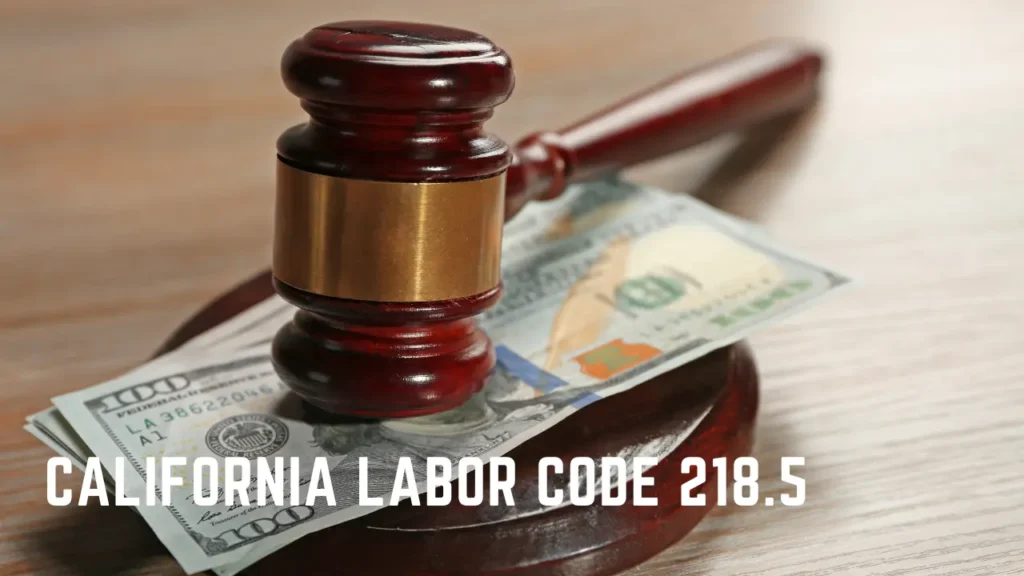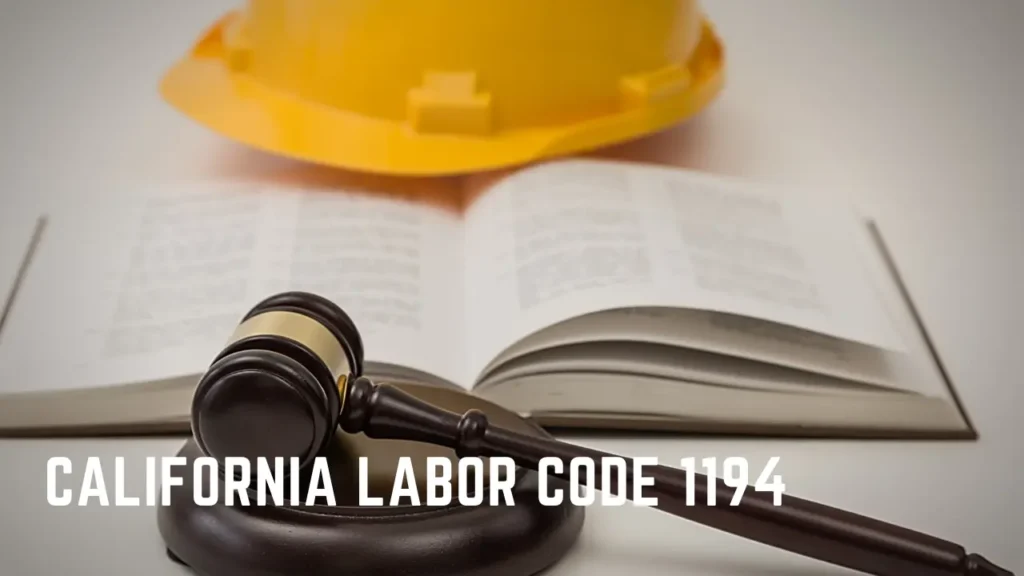Table of Contents
ToggleThese categories include civil harassment, stalking, sexual workplace harassment, and non-sexual workplace harassment. As one navigates through the complexities of these laws, it becomes apparent that understanding them is pivotal for both the ostensibly accused and the potential victims.
This exploration into the legal definition of ‘harassment’ in California serves to highlight the nuances and ramifications of these laws, inviting further inquiry into the intricacies of this legal landscape.
Understanding California’s Harassment Law
To fully grasp the intricacies of California’s harassment law, it is essential to understand its legal definition and the various forms it recognizes. These forms include civil harassment, stalking, and both sexual and non-sexual harassment in the workplace.
Civil harassment (CCP 527.6) involves unlawful violence or credible threats that alarm, annoy, or harass. Stalking includes willful, malicious harassment, repeated following with a credible threat, and intent to cause fear.
Workplace harassment encompasses both sexual and non-sexual forms that create hostile work environments. Sexual harassment involves unwelcome behavior based on sex, while non-sexual harassment may be based on race, religion, or national origin.
Victims can seek legal remedies, including restraining orders or discrimination lawsuits.
Stalking as a Form of Harassment
Under the broad umbrella of harassment, stalking emerges as a particularly menacing form, characterized by willful and malicious behavior aimed at instilling fear in the victim. In California, stalking is defined under Penal Code 646.9 PC as the willful, malicious, and repeated following or harassing of another person, coupled with a credible threat made with the intent of instilling fear.
Stalking can manifest in various forms such as physically following a person, cyberstalking, or repeatedly sending unsolicited messages. The course of conduct must serve no legitimate purpose and is directed at a specific person with the intent to alarm, annoy, torment, or terrorize. Depending on the severity and circumstances, stalking can be charged as a misdemeanor or a felony in California.
Sexual and Non-Sexual Workplace Harassment
While stalking represents a grave form of harassment, equally troubling are the instances of sexual and non-sexual harassment that occur within the workplace environment. In California, sexual harassment includes quid pro quo harassment and the creation of a hostile work environment through unwelcome, sex-based behavior. Non-sexual harassment refers to discriminatory and unwelcome behaviors based on factors such as race, religion, or nationality.
- Sexual harassment can include inappropriate comments, advances or requests for sexual favors.
- Non-sexual harassment might involve derogatory remarks, slurs, or physical actions that create a hostile work environment.
- Both types can lead to legal action, with employers potentially liable for failing to prevent such behaviors.
Legal Recourse for Harassment Victims
Victims of harassment in California have various legal options at their disposal to seek justice and recompense for their distressing experiences. For instance, they can file a lawsuit in civil court against the harasser, seeking damages for emotional distress or other resulting harm. Victims can also seek protective orders, which legally prohibit the harasser from making contact, thus offering immediate protection.
In cases of workplace harassment, victims can file a complaint with the California Department of Fair Employment and Housing (DFEH) or the Equal Employment Opportunity Commission (EEOC). If the harassment involves criminal behavior, such as stalking or physical threats, the victim could report the matter to the police, who can then initiate a criminal investigation.
Emotional Support for Harassment Victims
Navigating the emotional aftermath of harassment is a challenging process, necessitating robust support structures and resources for victims to effectively cope with their experiences. The psychological trauma can be overwhelming, and hence, immediate and continuing assistance is critical to mitigate the impact.
- Professional Counseling: Therapists and counselors trained in trauma can provide tools and techniques to process the emotional fallout and rebuild self-esteem.
- Support Networks: Friends, family, and support groups provide a safe environment to share experiences, gather strength, and realize that victims are not alone.
- Self-Care Practices: Regular exercise, a healthy diet, adequate sleep, and mindfulness activities can help victims regain a sense of control and well-being.
Emphasis should be on restoring the victim’s emotional well-being, fostering resilience, and facilitating recovery.
Conclusion
In conclusion, California law recognizes four types of harassment:
- Civil harassment
- Stalking
- Sexual workplace harassment
- Non-sexual workplace harassment
The nature of these offenses, the legal recourse available for victims, and the importance of emotional support are crucial aspects of dealing with harassment.
Understanding these laws and the steps to take when faced with such situations empowers individuals to protect their rights effectively. Hence, comprehensive knowledge of California’s legal stance on harassment is essential for both victims and the accused.














